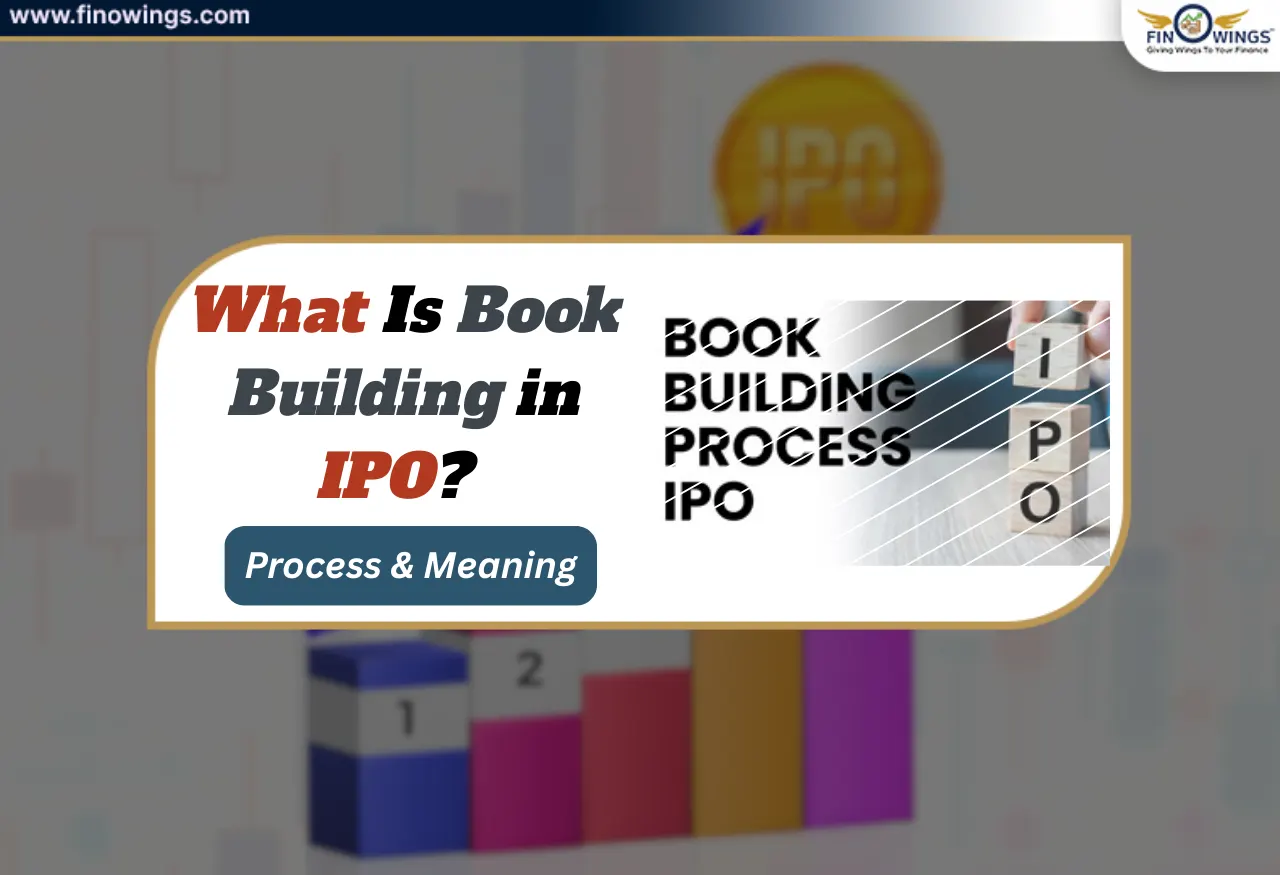Home >> Blog >> Everything You Need To Know About Sovereign Gold Bonds (SGB)
Everything You Need To Know About Sovereign Gold Bonds (SGB)

Table of Contents
Introduction
In India, the importance of gold is both emotional and social. It is among the most desired assets and is a lucky investment. However, owning actual gold carries its own set of dangers and expenses. So, in November 2015, the Indian government launched sovereign gold bonds (SGB). SGBs are debt securities that the RBI issues on behalf of the government and are valued in grams of gold. They have an annual interest rate of 2.5% and are valued in gold. SGBs, their features, and their benefits are thoroughly discussed in this blog post.
1. What is the SGB or Sovereign Gold Bond Scheme?
Government securities with a gold value are known as sovereign gold bonds (SGB). The Reserve Bank of India issues the bonds on the authority of the Indian government. Therefore, these gold bonds would be a great alternative to actual gold. However, the initial buy and the maturity redemption are made in cash, not gold.
Debt securities known as SGBs were first released in November 2015 and allow for the ownership of gold in the form of certificates. SGBs monitor the import-export worth of gold and are accessible. SGBs are regarded as secure because the government supports them. Investors can buy these in units of grams because they are gram-denominated. For people and Hindu Undivided Families HUF, the minimum investment in SGBs is such gram, and the maximum is four kilograms. Therefore, the maximum investment for trusts and other comparable corporations is 20 kilograms.
SGB returns come in the form of interest and capital growth. Investors receive a set interest rate of 2.5 per cent in a fiscal year. It goes above and beyond the increase in the value of gold. Every six months, interest payments are made. These bonds have an eight-year term, at the end of which they mature.
The closing price of 999-purity gold for the 3 days before the subscription term is used as the basis for the Sovereign Gold Bonds India's sale price. The gold costs will be in Indian Rupees (INR) and announced by the India Bullion and Jewellers Association Limited.
2. How Do SGBs Work?
The RBI issues SGBs throughout the fiscal year in a variety of tranches. Banks, dealers, post offices, and virtual marketplaces provide access to these assets. To encourage investors to buy SGBs online, a discount of INR 50 per gram is offered to those who do so electronically.
It is significant to remember that the RBI releases new SGB types for sale in the marketplace every year. Therefore, you may wait for the announcement of the following issue if you missed the most recent one.
The bonds are purchased in physical, electronic, or dematerialized forms. Investors who have acquired these bonds can seek to have them credited explicitly to their Demat accounts. Once the bonds are maintained in SGB RBI's books, they conduct the dematerialization at their end.
Dematerialization is also possible after allocation. Buyers who choose not to purchase their units straight from the RBI may do so on the secondary marketplace or at stock exchanges.
3. Who should invest in SGBs?
You can think about diversifying your portfolio by holding 5% to 10% or more gold. It is ideal for those with a low appetite for risk because it is a low-risk investment. In addition, SGBs are relatively inexpensive to buy or sell compared to actual gold.
In contrast to the cost of purchasing or selling actual gold, the SGB is also inexpensive.
SGBs are another option for those who don't want to deal with the difficulties of keeping actual gold. This is because it is simple to store these in Demat form; since they are digital, no one can take them.
4. What Are The Features of Sovereign Gold Bonds
-
Eligibility Criteria
SGB is open to all Indian residents, including individuals, trusts, HUFs, nonprofit organizations, and colleges. Also permitted is investing on behalf of a minor.
-
Denomination/Value
The price of the bonds is calculated using multiples of grams of gold, with one gram serving as the base unit. The minor initial investment is one gram of gold, while the maximum investment per participant is four kilograms of gold (individual and HUF). It is acceptable for organizations like trusts and colleges to have 20 kg of gold.
-
Tenure
The sovereign gold bond has an eight-year maturity term. You may, therefore, decide to terminate the bond after the fifth year (only on dates when interest is paid).
-
Interest Rate
On your original investment, the current interest rate for SGB is 2.50% annually. Each year, it is paid twice (semi-annually). It is because earnings are frequently correlated with the gold market cost at the time.
-
Issuance of Bonds
SGBs are traded on the Stock Exchange and can only be issued by RBI on the authority of the Central Government. Multiples of one gram of gold are used in its issuance. A Holding Certification will be given to buyers for it. Additionally, you can change it to Demat form.
-
Documentation for KYC
The same Know-your-customer (KYC) guidelines apply here when purchasing real gold. To finish KYC, you should provide photocopies of your PAN card as identification and a passport, driver's license, or voter identification card as proof of your address.
-
Tax Treatment
The 1961 Income Tax Act (IT Act) provisions apply to the taxation of interest on sovereign gold bonds. The capital gains tax that applies to a person is excluded in the event of SGB redemption. Additionally, an investor may receive indexation advantages whenever selling or transferring a bond that has long-term capital gains.
-
Eligibility for SLR
Banks had to account for SLR if they had purchased bonds following the use of a lien, hypothecation, or pledge. The Statutory Liquidity Ratio refers to the capital a commercial bank must hold in authorized securities, cash, and gold before extending credit to consumers.
-
Redemption Price
Depending on the average final price of 999-purity gold over the preceding three working days, the redemption price should be expressed in rupees.
-
Sales Channel
Banks, Stock Holding Corporation of India Limited (SHCIL), and specific post offices may also be used by the government to sell bonds. In addition, SGBs can also be traded straight on recognized stock exchanges like the Bombay Stock Exchange or the National Stock Exchange of India.
-
Commission
The collecting offices will charge a commission for distributing the bond equal to 1% of the total amount subscribed. They would allocate at least half of this commission to intermediaries (agents or brokers).
5. Benefits of Sovereign Gold Bonds
Here are the sovereign gold bonds benefits:
-
Absolute Safety
Except for market hazards, there are no dangers connected with sovereign gold bonds that match those of natural gold. Hence, there are no excessive design or waste fees. Moreover, SGBs generate interest, as opposed to real gold, which is a fruitless investment.
-
Extra Income
The current fixed rate offers a guaranteed yearly interest rate of 2.50% (on the original cost).
-
Indexation Advantage
Bond transfers by investors that result in long-term capital gains are eligible for indexation advantages. Additionally, both the principle and the interest generated are covered by a sovereign guarantee.
-
Tradability
You can trade gold sovereign bonds on stock markets (at the issuer's discretion). You may, for example, trade shares on the Bombay Stock Exchange or the National Stock Exchange after 5 years of investing.
-
Collateral
Many banks will accept SGB as security or collateral for loans committed in Demat form. Therefore, after fixing the loan-to-value (LTV) ratio to the price of gold, they will consider it a gold loan. It was established by the India Bullion and Jewellers Association Limited.
6. Risks Involved in Buying SGBs
If the market value of gold declines below its cost price, there is a danger of loss. This danger applies to all forms of investment; it is not exclusive to the SGB kind of gold investing.
Moreover, the RBI guarantees that the investment will never lose more gold than what was allocated.
Conclusion
SGBs are made to make gold investment more manageable. It also offers tax advantages at maturity, but trading is not its intended use. As a result, most buyers of these bonds do so with a long-term perspective. The low trading volume of SBG on the stock market is more evidence of this.
Ensure you comprehend the benefits and drawbacks of investing in SGBs before purchasing them, whether via the stock exchange or throughout the issuance period. Then, if you choose to invest in SGB, you can buy it via a stock exchange for less money.
Remember that SGBs are a fantastic way to diversify your portfolio and include gold as an asset class. But whenever you invest, learn everything there is to know about them.
Author
Frequently Asked Questions
SGBs have the following advantages over other types of gold: 1. You receive a fixed 2.5% interest each year. 2. Backed by the Indian government 3. Therefore, there are no costs or fees.
SGBs, or sovereign gold bonds, are preferable to gold ETFs for investors seeking to invest in gold. It is because they give an interest rate of 2.5% annually in addition to the increase in the value of gold that these bonds would bring, whereas gold ETFs merely get an increase in the value of gold.
Although the bond has an 8-year term, early encashment or redemption is permitted on coupon payment dates after the fifth year from the date of issue. If maintained in Demat type, the bond would be tradable on exchanges. Additionally, it can be given to any other qualified investor.

















